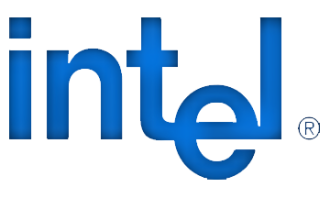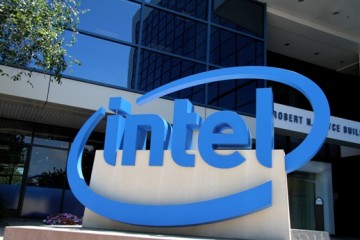 Like something out of Nassim Nicholas Taleb’s book, “The Black Swan”, the Wall Street Journal reported that Intel was in talks to buy Altera Corp. Taleb also predicts that the so called experts will then tell us why it makes perfectly good sense for Intel to acquire Altera – all after the fact of course.
Like something out of Nassim Nicholas Taleb’s book, “The Black Swan”, the Wall Street Journal reported that Intel was in talks to buy Altera Corp. Taleb also predicts that the so called experts will then tell us why it makes perfectly good sense for Intel to acquire Altera – all after the fact of course.
To get an idea what’s involved on the money side; Intel’s market capitalisation is around $140 Billion with Altera at about $10.4 billion.
What premium Intel would have to pay is, of course, one of the finer points of the ongoing discussion. As a basis of estimate analysts are using Intel’s last acquisition of McAfee at $7.7 Billion as a benchmark indicating the acquisition could be in excess of $14 Billion making it the company’s largest acquisition to date if consummated.
Intel stock, which had risen 18% in the past year, rose 6.4% to $32 following the report of the potential acquisition. Altera stock, down 2.5% in the past 12 months, jumped 28% Friday to $44.41.
So, as a sort of red herring for acceptance of the deal, the market reacted positively – considered good feedback for the talks to continue.
Techeye Take – Why Altera?
Altera is one of the anointed companies qualified to run their programmable FPGAs on Intel’s 14 nm Fabs. The two companies have been working closely together in a number of areas and in some cases with involved third parties. Altera FPGAs, for the most part, are not involved in the consumer electronics segment but are directed almost wholly at the high end of the server and HPC markets.
We believe Intel has become deeply involved (nay dependent) on Altera’s Programmable FPGAs in their next generation data center architecture and began suffering pangs of paranoia over the company becoming too exposed to outside influences deciding that complete control over Altera was their only option (taken from Andy Grove’s guidebook; “Only the Paranoid Survive’). [Altera used to belong to AMD, Ed.]






